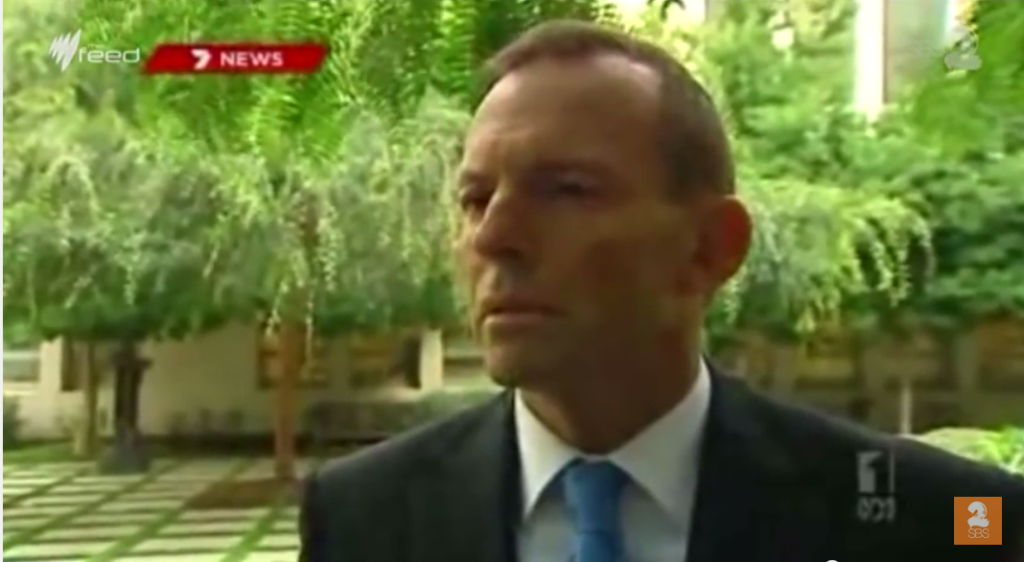The Worst Media Bridging Phrase Of All Time?
Australia’s SBS2 channel recently aired a piece about “bridging” lines, those phrases media spokespersons use when they’re trying to transition away from a reporter’s question and to their own messages.
I found the segment quite interesting, as it breaks down where such phrases come from, what they really mean, and how they too often compromise a speaker’s authenticity.

Stephen Feneley, the media trainer featured in the clip, sent me the link with the caption, “The worst bridging phrase of all.” The phrase he’s referring to (which you’ll see in the video below) is one I hear in our training workshops and on television often. And although it may not be the worst, it’s one that always catches my ear and signals something to the audience.
What do you think? Is that the worst bridging phrase of all? If not, which one grates you the most? Please leave your thoughts in the comments section below.



Hey, Brad, question for you.
I work for a statewide non-profit. One of our board members lives on the opposite end of the state from me (the non-profit spokesperson) so he has done in-person interviews for us for media over there. In a recent interview, he made a huge gaff by stating something as our non-profit’s policy that is the opposite of our policy. We’re getting egg on our face because of it. I reached out to the reporter for a correction but am waiting to hear from the director. I also posted our statement on the site that was making hay out of the story. But the story is still being reposted. Should we email (or post to our social media) a statement out? Or hope it blows over? Thanks for any advice!
Hi Grace,
Thank you very much for your question, and for reading the blog!
This question would make great fodder for the blog. I’ll write something up and aim to post it within the next couple of weeks.
Thanks again,
Brad
My least favorite way to hear someone start to answer a question is with the phase, “To be honest with you….” The speaker is admitting to not being honest at other times when they speak.
+ one = 6
Thanks, Brad!
That’s a great question Brad! 🙂
I can’t speak for the use of the phrase in Australia, but I can tell you with certainty that in the USA we have moved completely into the filmmaker’s closing assertion about the phrase entering into common public use. “That’s a good question” is no longer a conscious bridging phrase used to deflect or restructure the context of control or primacy in the conversation. I work with untrained guest speakers on webinars all the time, and almost to a person, they answer every question by starting with “That’s a good question” (or some very close approximation). They don’t do it with any intent whatsoever. If anything, it’s analogous to “You know” or “I mean” or “So…” as an introductory noise that fills time while their brain assembles the next thing they actually want to say. They aren’t coached enough to be using it as a tool… It’s just random filler. And I hate it!